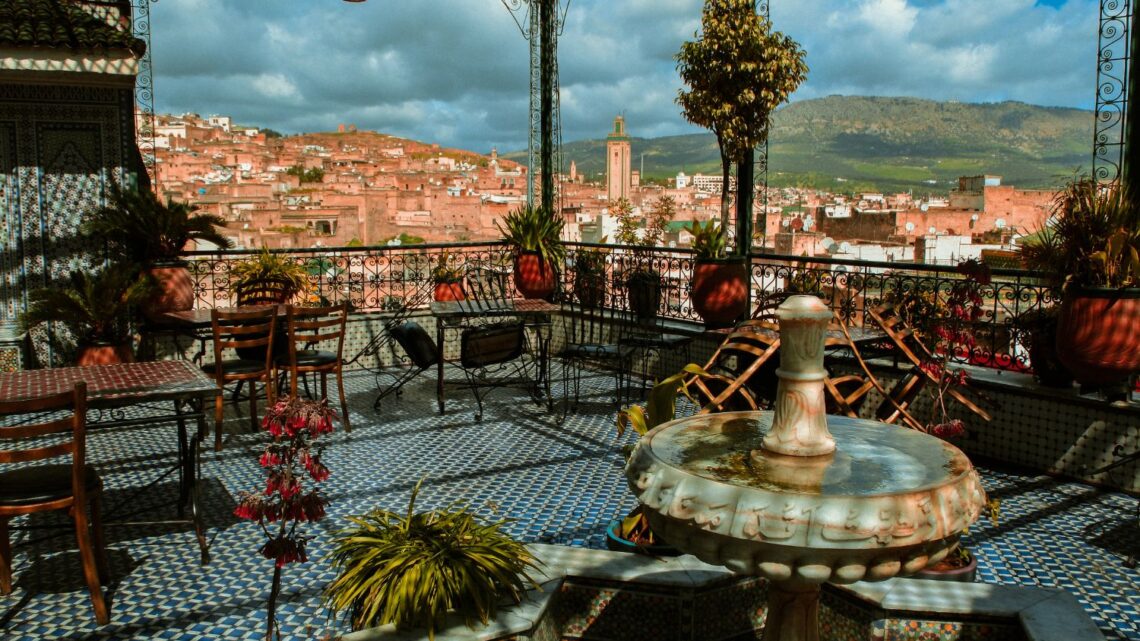
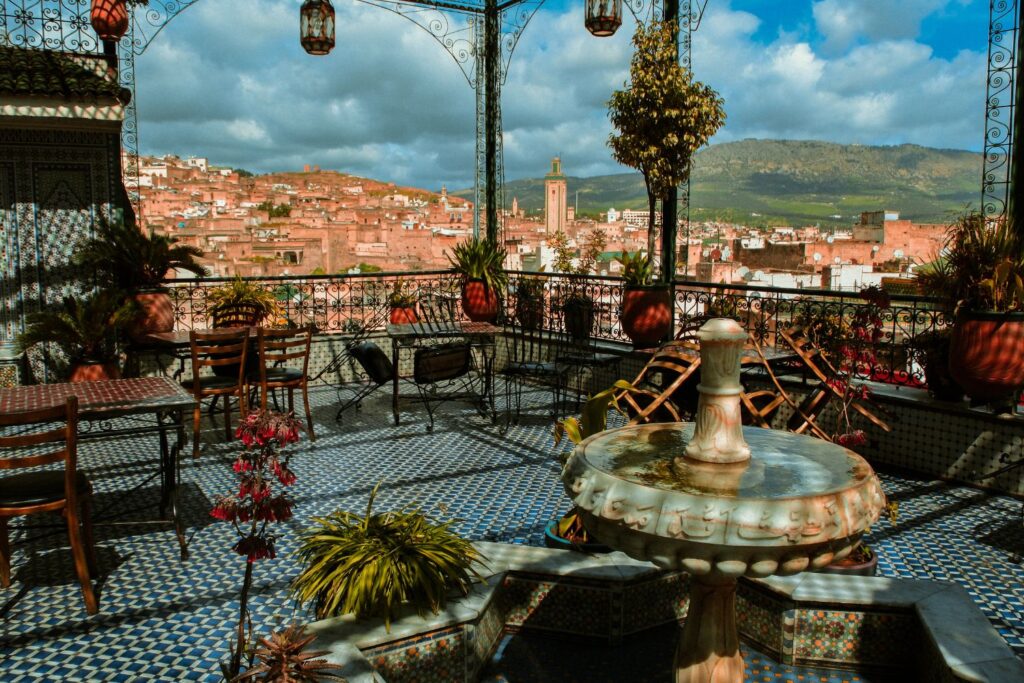
Introduction:
Is Morocco Safe to Travel ? Morocco, with its rich history, vibrant culture, and diverse landscapes, has become an increasingly popular destination for travelers. However, like any other travel destination, safety concerns are essential to consider before planning a trip. Let’s explore the safety aspects of traveling to Morocco to help you make an informed decision about your visit.
Is Morocco Safe to Travel ?
Yes, Morocco is generally safe to travel to based on statistics, with low crime rates compared to many Western countries and a well-established tourism industry.
Safety Overview:
Morocco is generally considered a safe destination for travelers. The country has a relatively low crime rate, and violent crimes against tourists are rare. However, like any travel destination, it’s essential to take precautions to ensure your safety. Petty crimes such as pickpocketing and scams can occur in crowded tourist areas, so it’s important to remain vigilant and keep your belongings secure. Additionally, political stability in Morocco contributes to its overall safety, with occasional protests and demonstrations typically remaining peaceful and well-managed by authorities. The government has implemented measures to combat terrorism, and tourist areas are closely monitored to minimize any potential risks. Overall, with proper precautions and awareness, travelers can enjoy a safe and rewarding experience in Morocco.
Political Stability:
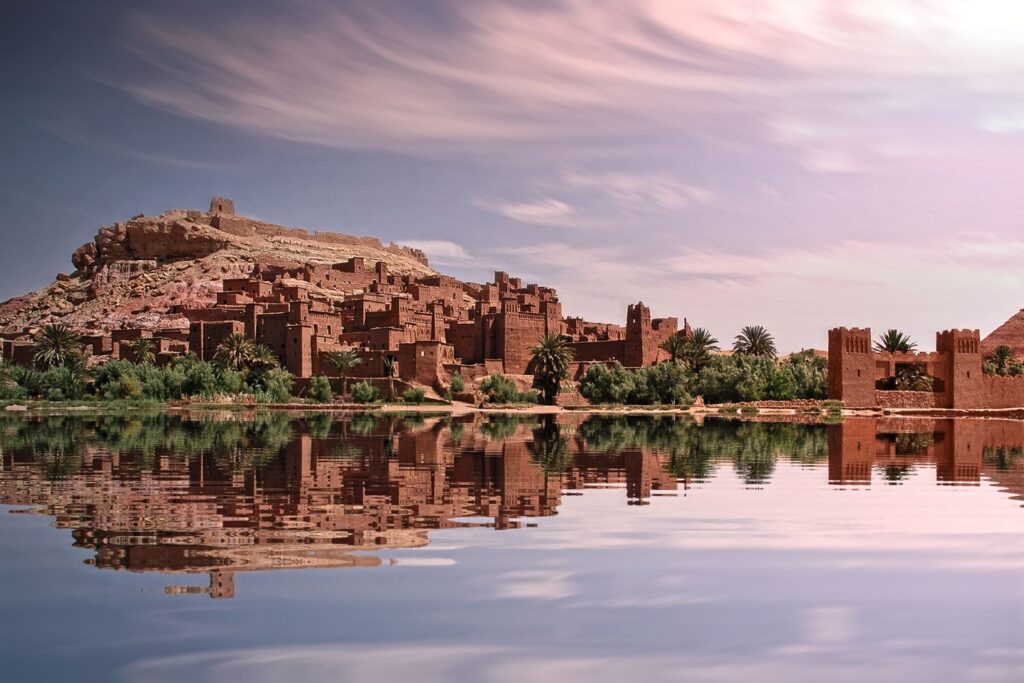
Morocco has a stable political environment, with a constitutional monarchy and a democratically elected government. The country has experienced occasional protests and demonstrations, primarily in urban areas, but these are usually peaceful and well-managed by local authorities.
Terrorism:
Morocco has not experienced any recent terrorist incidents targeting tourist sites. However, the government remains vigilant and has implemented robust security measures to ensure the safety of visitors in tourist areas, hotels, and transportation hubs.
Street Crime:
Petty crime, such as pickpocketing and scams, can occur in crowded tourist areas, especially in cities like Marrakech and Fez. Travelers should remain vigilant and take precautions to safeguard their belongings, such as using money belts and keeping valuables secure.
Solo Travel:
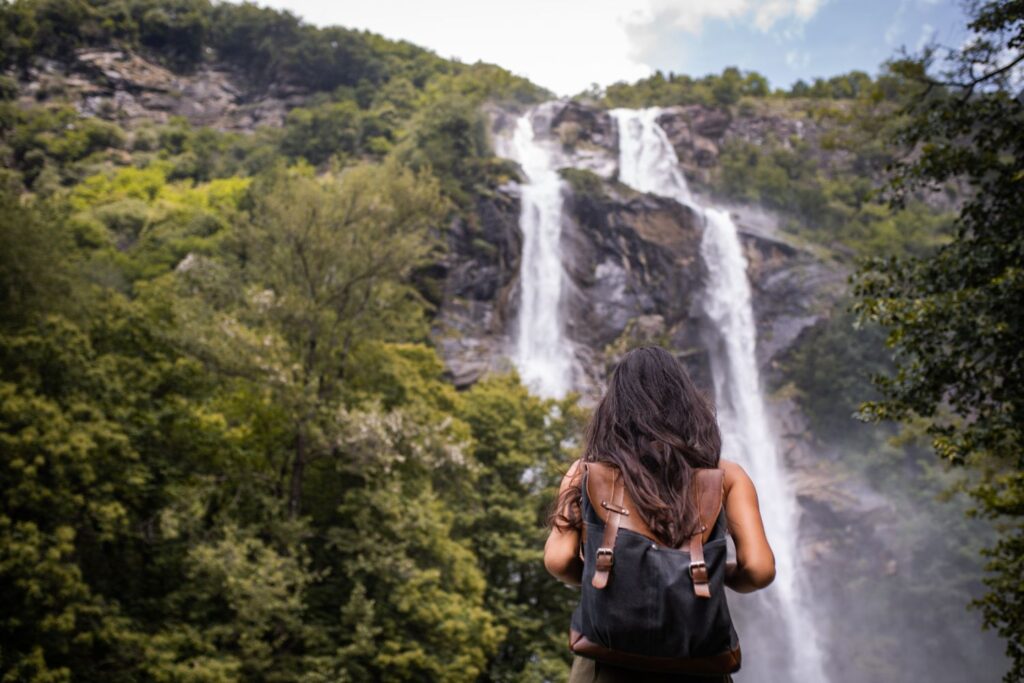
Solo travel in Morocco is generally safe, but it’s essential to exercise caution, especially for solo female travelers. Dressing modestly and avoiding isolated areas at night can help mitigate risks. Joining group tours or hiring reputable guides can also enhance safety and provide valuable insights into local culture and customs.
Health and Hygiene:
Health concerns such as food and water safety, as well as vaccinations, should be considered before traveling to Morocco. It’s advisable to drink bottled water, avoid street food vendors with questionable hygiene standards, and ensure you’re up-to-date on routine vaccinations before your trip.
Natural Hazards:
Morocco is prone to natural hazards such as earthquakes and flash floods, particularly in mountainous regions and desert areas. Travelers should stay informed about weather forecasts and heed any warnings issued by local authorities to ensure their safety.
Moroccan culture:
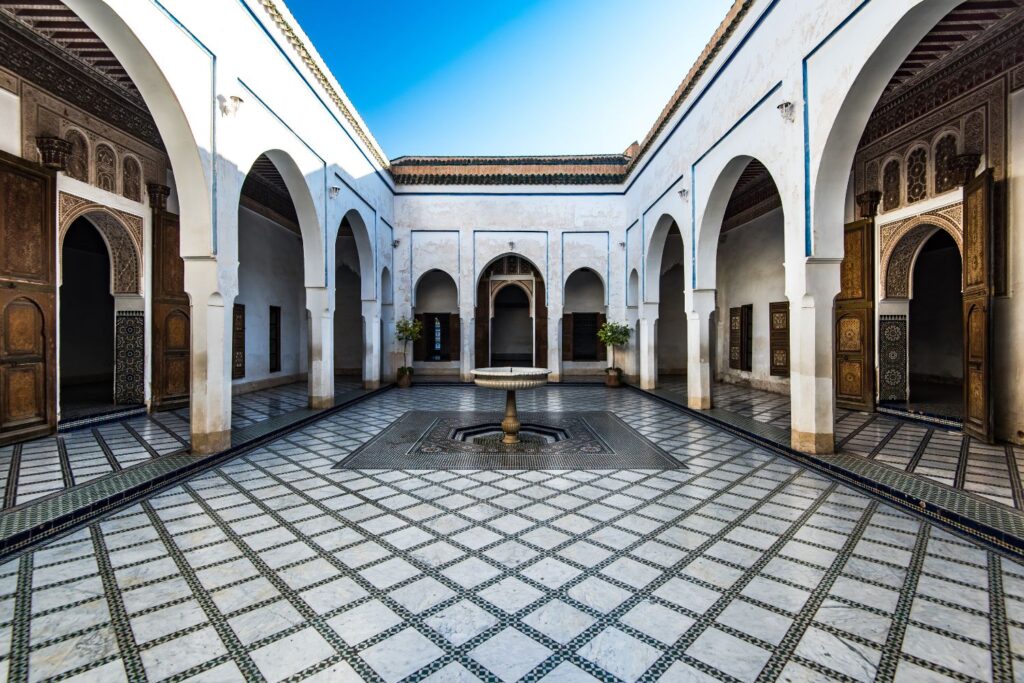
Morocco’s vibrant food culture and rich clothing traditions offer tourists a sensory feast and an opportunity to immerse themselves in the country’s cultural heritage. Moroccan cuisine is renowned for its diverse flavors, aromatic spices, and unique culinary techniques. From savory tagines to fluffy couscous and sweet pastries like baklava, every dish tells a story of centuries-old recipes passed down through generations. Tourists can savor these delights in bustling souks, street-side cafes, or elegant restaurants, where they’ll discover the warm hospitality and generosity that are hallmarks of Moroccan dining experiences. As for clothing, Morocco’s traditional attire reflects its diverse cultural influences and geographical landscapes. Tourists can explore the bustling markets to find beautifully embroidered kaftans, intricate djellabas, and colorful scarves made from luxurious fabrics like silk and linen. Donning these traditional garments not only allows tourists to blend in with the locals but also provides a deeper appreciation for Morocco’s rich cultural tapestry. Whether indulging in culinary adventures or embracing the country’s clothing traditions, tourists in Morocco are sure to be enchanted by the authenticity and beauty of Moroccan culture.
Conclusion:
Overall, Morocco is a safe and welcoming destination for travelers, offering a rich tapestry of cultural experiences, breathtaking landscapes, and warm hospitality. By staying informed, exercising caution, and respecting local customs, visitors can enjoy a memorable and safe journey through this fascinating country.
Remember to always stay updated on travel advisories from your country’s embassy or consulate and consult with travel experts for the latest safety information before planning your trip to Morocco.Is Morocco Safe to Travel ?